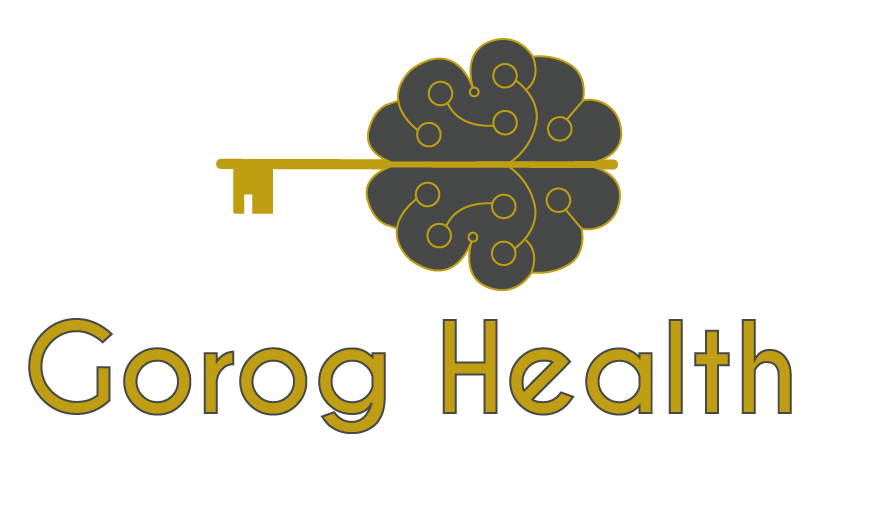Depression Counseling Denver
Depression is a general term to denote a persistently low mood state. While there are approximately 7-8 specific variations of a depressive disorder in the DSM-5 (with many specifiers that describe nuances of symptom presentation, intensive, duration and other useful clinical descriptors), the clinical condition known as Major Depressive Disorder is represented by a clear-cut changes in one’s affect, volition, appetite, activity, sleep, energy, self-esteem, cognition, and potentially drive to stay alive. While only five specific types of symptoms must be present over a 2-week period to be classified for this disorder, the person must indicate that they are experiencing a depressed mood and/or a loss of interest or ability to experience pleasure.
Although a person diagnosed with experiencing a Major Depressive Episode must not be better explained by the direct physiological effects of a substance or to another medical condition, many general medical conditions in particular (e.g., cancer, stroke, myocardial infarction, diabetes; fatigue with cancer, and insomnia in pregnancy) do exhibit overlapping symptom presentation. Extensive literature has uncovered neuroanatomical, neuroendocrinological, and neurophysiological correlation with Major Depressive Disorder and thus shining light on the reciprocal influence one’s psychiatric health has on one’s physical health and vice versa.
For example, having a chronic or disabling medical condition (including chronic pain) not only increases the risk of having a major depressive episode, but also experiencing a depressive episode chronically compared to medically healthy individuals. Common illness such as diabetes, morbid obesity, and cardiovascular disease are often complicated by depressive episodes. Whereas individuals that are not medically compromised could otherwise reverse or better manage their medical condition, having clinical depression both reduces a person’s ability and/or desire for their own medical care, thus exacerbating and worsening both physical and mental health.
Denver Depression Treatment
My additional training and expertise as a health psychologist has helped to inform my holistic approach to the treatment of depression which involves the coordination of care from your other medical providers.
Before treatment begins, I typically ask that you obtain a physical examination from your primary care provider to rule out any medical explanations attributable to depression. Next, since sleep is paramount to psychiatric and mental health care, we will delve into any sleep issues responsible for causing or worsening your symptoms of depression.
Since clinical depression is highly treatable in a large majority of cases, I ask that patients come willing to place their trust in a treatment process with a hopeful outcome. My approach to the treatment of Major Depressive Disorder depends largely on the onset of symptoms, functional impairment, distress, course, and other lifestyle factors a person's presents with. While my clinical conceptualization for treatment is influenced by one’s social location, biopsychosocial makeup, and other diversity characteristics that make a person unique, I remain dedicated to using evidence-based treatment methods. I typically integrate methods from both an Acceptance-commitment and Cognitive Behavioral therapy lens. I also focus on improving health behaviors that impact one’s overall healthcare and recovery such as: diet, water, movement, breathing, stress, sleep, and substance use.
I use behavioral activation strategies as a first line approach to help reduce impairment and interference brought on by one’s symptoms of depression. Oftentimes foundational skills such as time management, organization and planning, and other health behaviors can be the first step treating depression. Additionally, I utilize CBT skills such as identifying emotions, thoughts, and behaviors and use metaphors, mindfulness, and values-clarification from an Acceptance-commitment lens.
Finally, one’s social context is of paramount consideration to me. Social support, whether in the form of family, friends, or religious/spiritual organization can often play some of the most harmful and healing roles in our life. I spend significant time learning about your relationships, both in how important relationships have shaped you and how ongoing relationship patterns and dynamics continue to influence you.
Counseling for Depression
While it is not uncommon for somebody who has experienced significant loss in their life to also experience a Major Depressive Episode/be diagnosed with Major Depressive Disorder, grief and bereavement are distinguished from depression by a persistently depressed mood, the inability to anticipate happiness or pleasure, and the duration and impairment of your pain. Other nuances in mood and subjective experience are noteworthy and during my clinical intake I spend time differentiating between the two in order to help you make sense of your pain and expectations for your future.



